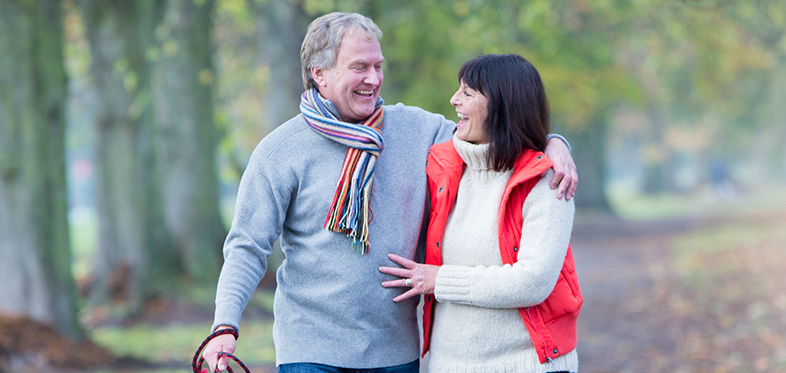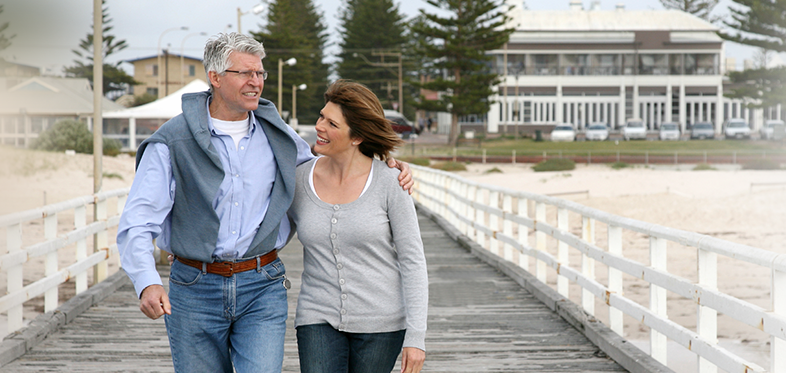Blog
What Does Alcohol Do to Your Body? 9 Ways Alcohol Affects Your Health
Alcohol affects your whole body, from your liver and immune system to your brain and mental health Read more Source: healthessentials
New study confirms double the risk of dementia after mouth herpes simplex virus
People who have had the herpes virus at some point in their lives are twice as likely to develop dementia compared to those who have never been infected. A new study from Uppsala University confirms previous research on whether herpes can be a possible risk factor for dementia. Read more Source: Medical Xpress
Gargling away the ‘bad’ bacteria in type 2 diabetes
In a study published this month in Scientific Reports, the researchers report that when people with type 2 diabetes gargled with an antiseptic mouthwash, the numbers of periodontitis-related bacteria decreased. In addition, some patients with reduced bacteria also achieved much better control of their blood sugar, hinting at promising future clinical applications. Read more Source: […]
High weekly physical activity levels linked to lower kidney disease risk in diabetes and overweight/obesity
Clocking up high weekly levels of moderate to vigorous intensity physical activity is linked to a lower risk of developing chronic kidney disease in overweight/obese people with type 2 diabetes, finds research published online in the British Journal of Sports Medicine. Read more Source: Medical Xpress
Healthy Omega-3 Fatty Acids Could Slow a Deadly Lung Disease
Pulmonary fibrosis is a gradual scarring of lung tissue that can prove fatal. New research suggests that diets high in omega-3 fatty acids might slow progression of the illness. Read more Source: HealthDay
Could artificial sweeteners alter your microbiome?
People who use aspartame (Equal), sucralose (Splenda), saccharin (Sweet’N Low), or stevia leaf extract tended to have intestinal bacteria colonies that differed significantly from those of people who didn’t use sugar substitutes, researchers found. Read more Source: Medical Xpress
High levels of HDL cholesterol tied to higher dementia risk
Elevated levels of high-density lipoprotein cholesterol (HDL-C) are associated with an increased risk for all-cause dementia, according to a study published online Nov. 29 in The Lancet Regional Health: Western Pacific. Read more Source: Medical Xpress
Why do people get sick with viruses in the winter?
Respiratory viruses like COVID-19 and influenza surge in the colder months. And it’s not just because people are spending more time indoors. Read more Source: Medical Xpress
You can’t reverse the aging process but these 5 things can help you live longer
There are no quick fixes or short cuts to living longer and healthier lives, but the science is clear on the key principles. Here are five things you can do to extend your lifespan and improve your health. Read more Source: Medical Xpress
America’s doctors offer 10 health resolutions as you start a new year
Still weighing whether to make a New Year’s resolution? Or perhaps regretting letting your healthy habits slide during the holidays? Either way, the American Medical Association (AMA) has ten recommendations to help Americans improve their health in 2024. Read more Source: Medical Xpress







